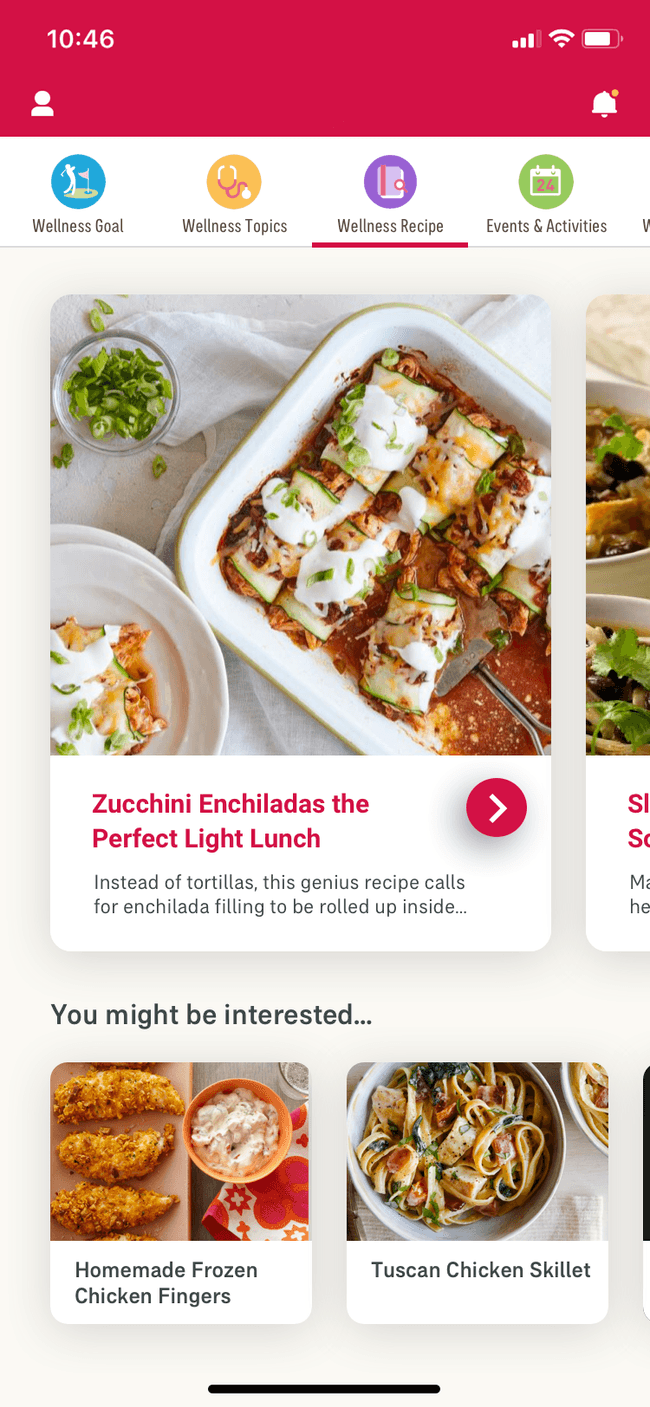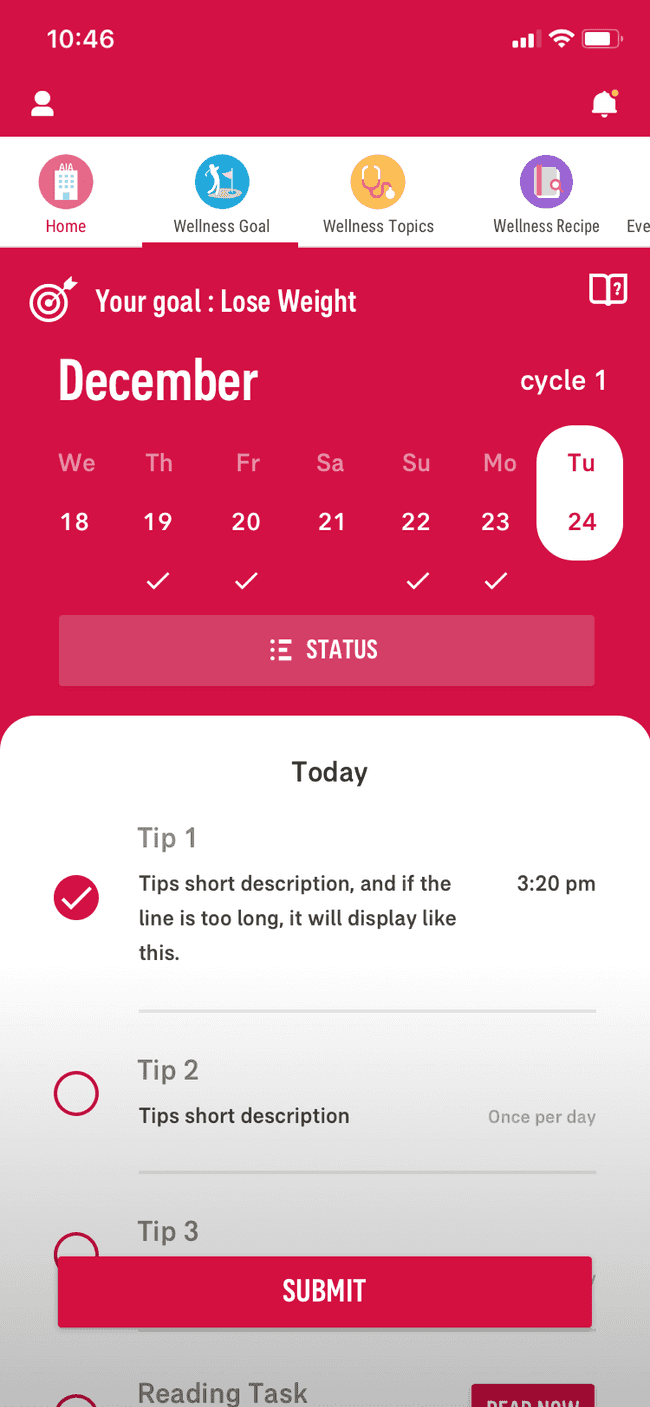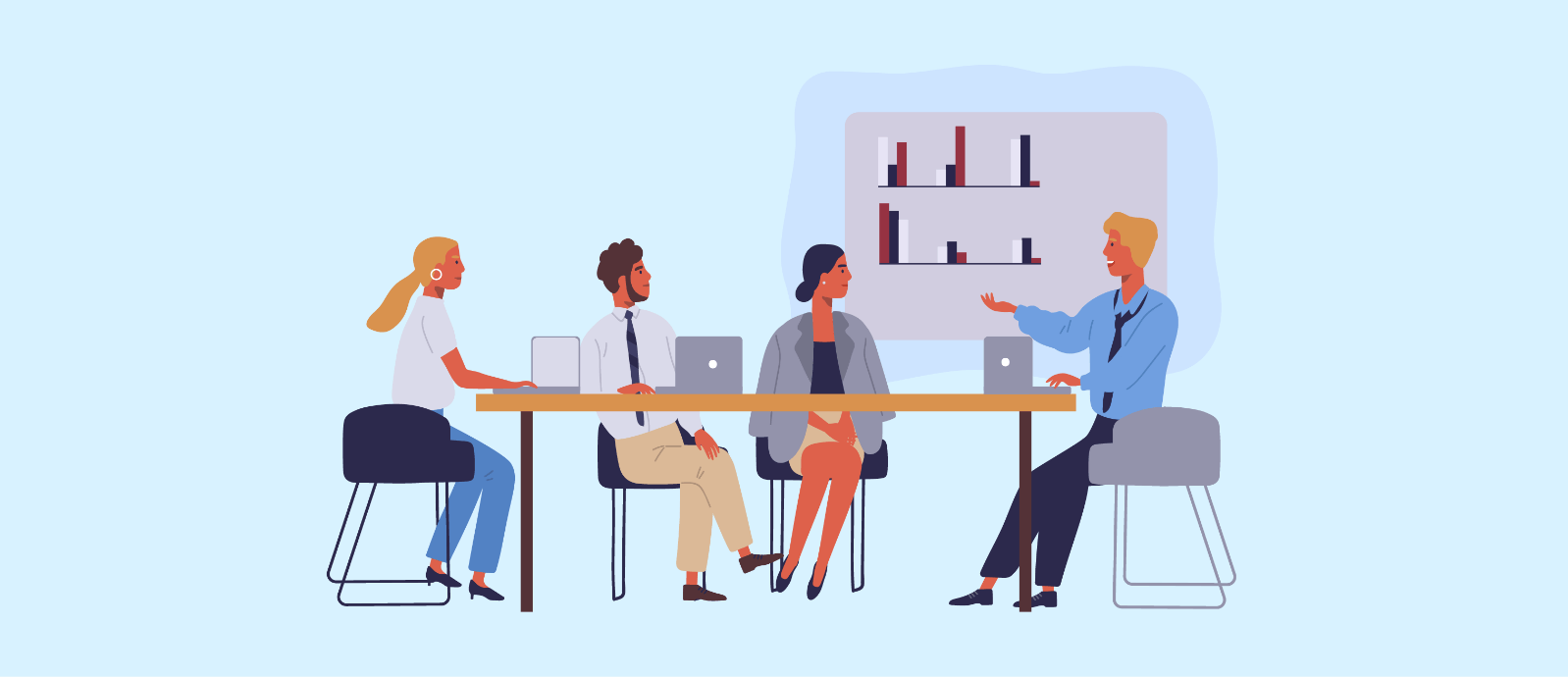Contrary to the social prejudice, the constantly connected Gen Z employees value human contact. According to Mazars's study, 'human atmosphere’ comes equally important when Gen Z evaluates a potential employer.1 When the workforce disperses over different regions, company leaders have to spend additional efforts to deliver their care for their teams.
For the next-gen employees, it is significant that they are concerned about mental wellbeing on top of physical health. ‘If business leaders want to actively help millennials and Gen Z individuals to thrive at work, they need to prioritise mental health.’ Emma Codd, Deloitte Global Inclusion Leader said.2
Limeade Well-Being, a Washington-based corporate wellness digital solution shows how we can put the ideas into practice. Employees can receive personalised health suggestions with diverse assessments. On the other hand, a dashboard conveys insights like the proportion of employees at risk of burnout so managers can care for the disengaged employees and calculate the potential turnover. The built-in communication function further facilitates immediate actions.

Figure 1: Healthy recipes for employees

Figure 2: Keep track of wellness goals
The gamified process reinforces positive behaviours of employees with timely responses, incentivising constant commitment. Another way round, employers can also benefit from nurturing a team of motivated and energised talents, who are more contented, perform better and stay longer.


